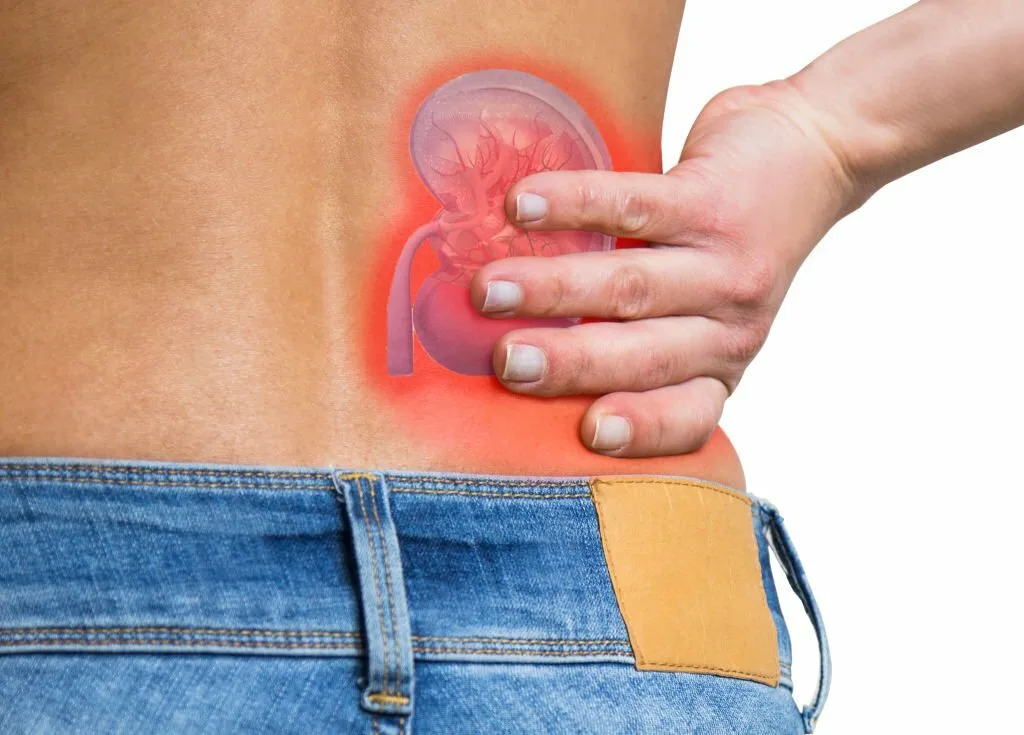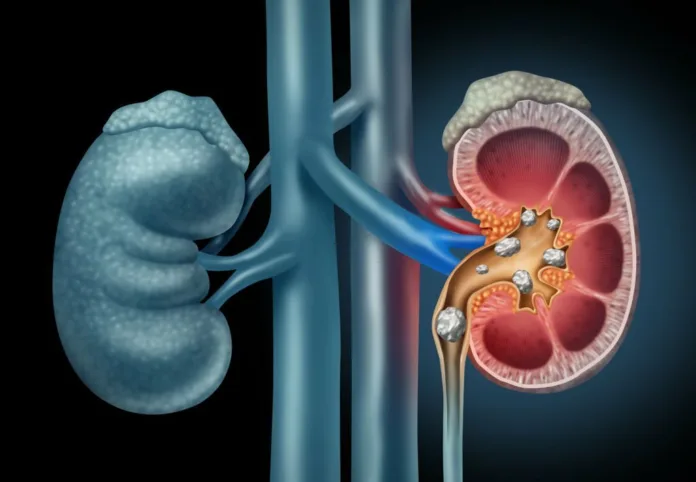Kidney stones are hard deposits of minerals and salts that form in the kidneys. They can be very painful and can cause blood in the urine. There are a number of factors that can increase the risk of developing kidney stones, including diet, genetics, and medical conditions.
There are a number of foods that can increase the risk of developing kidney stones. If you have kidney stones, it is important to avoid these foods.
Here are some foods to avoid if you have kidney stones:
Salty foods: Salt can increase the amount of calcium in the urine, which can lead to kidney stones. Avoid salty foods such as chips, crackers, processed meats, and fast food.
Processed foods: Processed foods are often high in sodium and unhealthy fats. These foods can also be high in oxalates, which can contribute to kidney stone formation. Avoid processed foods such as candy, cookies, cakes, and pastries.
Red meat: Red meat is high in purines, which can break down into uric acid. Uric acid can form kidney stones in people who are prone to them. Avoid red meat such as beef, pork, and lamb.
Shellfish: Shellfish are also high in purines. Avoid shellfish such as shrimp, lobster, and crab.
Oxalate-rich foods: Oxalates are substances that can bind to calcium and form kidney stones. Oxalates are found in a variety of foods, including spinach, rhubarb, beets, and nuts. It is important to limit your intake of oxalate-rich foods if you have kidney stones.
In addition to avoiding these foods, it is also important to drink plenty of fluids and eat a healthy diet that is rich in fruits, vegetables, and whole grains. This type of diet can help to prevent kidney stones and improve overall health.

Here are some tips for following a healthy diet if you have kidney stones:
Drink plenty of fluids. Fluids help to flush out the kidneys and prevent kidney stones from forming. Aim to drink eight glasses of water per day.
Eat plenty of fruits and vegetables. Fruits and vegetables are low in oxalates and high in vitamins, minerals, and antioxidants. They can help to prevent kidney stones and improve overall health.
Choose whole grains over refined grains. Whole grains are more nutritious than refined grains and they can help to lower cholesterol levels.
Choose lean protein sources. Lean protein sources such as chicken, fish, and beans are low in saturated fat and calories.
Limit saturated and unhealthy fats. Saturated and unhealthy fats can contribute to kidney stone formation.
If you have kidney stones, it is important to talk to your doctor. They can help you to develop a treatment plan that includes diet and lifestyle changes.
Here are some additional tips that may help to prevent kidney stones:
Get regular exercise. Exercise helps to reduce the risk of kidney stones by increasing urine flow. Aim for at least 30 minutes of moderate-intensity exercise most days of the week.
Manage stress. Stress can increase the risk of kidney stones. Find healthy ways to manage stress, such as exercise, yoga, or meditation.
Maintain a healthy weight. Obesity is a risk factor for kidney stones. Aim to maintain a healthy weight by eating a healthy diet and exercising regularly.
By following these tips, you can help to prevent kidney stones and improve your overall health.




